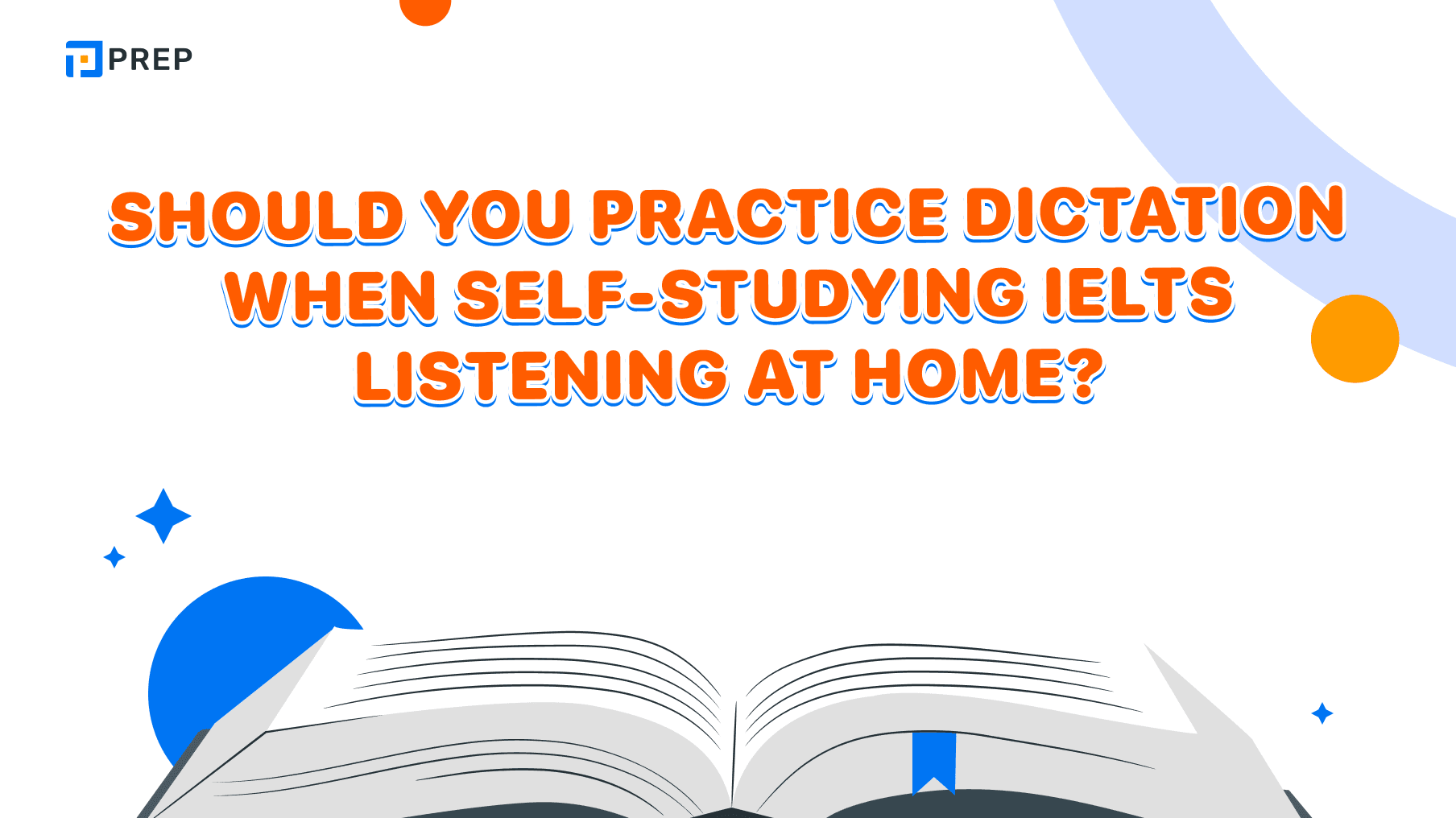Unlocking English Proficiency from Aural Comprehension to Written Accuracy by Dictation
This guide presents a comprehensive examination of dictation as a powerful language learning technique that bridges listening comprehension and written accuracy. The article explains dictation's cognitive mechanisms, outlines its multifaceted benefits for language development, provides practical implementation strategies, describes various dictation methodologies, and connects this practice to high-stakes English exam preparation. The guide highlights how dictation simultaneously engages multiple language systems to develop auditory discrimination, spelling accuracy, grammar internalization, vocabulary acquisition, and note-taking skills, with modern AI-enhanced platforms further optimizing these benefits.

I. What is Dictation in the Context of English Language Learning?
Dictation definition: Dictation involves listening to spoken English and transcribing it verbatim. This seemingly simple practice engages multiple language systems simultaneously. Your brain must distinguish between similar sounds, process meaning, hold information in short-term memory, and reproduce it in writing.
Dictation differs significantly from casual listening or mechanical transcription. While passive listening involves understanding without production, dictation uniquely combines intense auditory focus with immediate written reproduction, making it exponentially more valuable for language development.
II. The Multifaceted Benefits of Dictation
1. Sharpening Your Listening Comprehension
Dictation transforms passive listening into active engagement. You'll develop remarkable auditory discrimination—distinguishing between minimal pairs like "bet" and "bed" or catching reduced forms like "gonna" for "going to." This heightened listening awareness transfers directly to real-world situations, from conversations to academic lectures.
2. Achieving Near-Native Accuracy in Spelling and Punctuation
English spelling notoriously lacks perfect phonetic correspondence. Dictation forces you to confront challenging patterns repeatedly, strengthening your recall of correct letter combinations. Similarly, you'll develop an intuitive grasp of punctuation by hearing natural pauses and intonation changes in speech.
3. Internalizing English Grammar Structures
Dictation exposes you to correct grammatical structures in context. Rather than studying abstract rules, you encounter and reproduce natural sentence formations repeatedly. This process helps you internalize complex structures organically, particularly reinforcing challenging elements like article usage, preposition selection, and tense consistency.
4. Expanding Your Active Vocabulary
Vocabulary acquisition through dictation occurs within meaningful contexts, making new words significantly more memorable. The physical act of writing also strengthens word recall—neuroscience confirms that handwriting activates unique neural pathways that enhance memory formation.
5. Honing Essential Note-Taking Skills
Dictation naturally develops skills that transfer directly to academic and professional contexts. You learn to process information quickly and identify key points under time pressure—exactly what's needed for effective note-taking in lectures, meetings, or conferences.
III. A Practical Guide to Effective Dictation
1. Pre-Dictation Preparations
Choose dictation content that matches your proficiency level. Beginners should start with simple, clearly articulated material of 1-2 minutes. Advanced practitioners should challenge themselves with 5+ minute authentic material featuring diverse accents.
Establish conditions that maximize focus: use quality headphones, find a quiet space, and keep essential tools readily available.
2. The Core Process
Step 1: Listen once without writing to grasp the general meaning and context.
Step 2: Play the audio again, pausing after logical chunks to write what you hear.
Step 3: Listen to the complete section again without pausing, filling in missed elements.
Develop a personal shorthand system for common words to increase writing speed, and focus on capturing content words first, then adding grammatical elements during review.
3. Review and Correction
Compare your transcription with the original text word by word, marking different types of errors distinctly. Become a detective of your own error patterns—do you consistently miss certain sounds or grammar elements?
Transform error patterns into targeted learning activities by creating personalized vocabulary lists and focused mini-exercises. PREP's AI-powered platform offers immediate feedback, objectively identifying whether mistakes stem from listening comprehension, spelling, grammar, or punctuation issues.
IV. FAQ on Dictation
-
What distinguishes 'dictation' from 'transcription'? Dictation serves primarily as a learning tool, focusing on immediate comprehension and reproduction of unseen language. Transcription often refers to creating a written record from existing audio with access to playback controls.
-
Is daily practice necessary? Regular, focused practice (3-4 sessions weekly of 20-30 minutes) produces substantial improvements. Quality trumps mere frequency—concentrated, analytical practice yields better results than more frequent but superficial sessions.
-
How does AI-assisted dictation compare to traditional methods? AI-powered dictation offers several advantages: instant feedback, precise error categorization, performance tracking, adaptive difficulty adjustments, and diverse materials. Research indicates AI-assisted approaches can accelerate progress by 30-40%.
While powerful, dictation doesn't directly address spoken production fluency, spontaneous conversation skills, or extensive vocabulary acquisition. Maximize language development by combining dictation with complementary activities: follow dictation sessions with speaking practice, pair dictation with extensive reading, and use dictation passages as models for your own writing.
Mastering English requires multiple pathways of engagement. Dictation serves as a powerful integrative practice, connecting listening comprehension with written accuracy while developing vocabulary, grammar, and attention to detail. Whether preparing for exams or seeking general proficiency, PREP's intelligent dictation platform offers the structured guidance and immediate feedback necessary for optimal improvement.

Hi I'm Chloe, and I am currently serving as an Product Content Administrator at Prep Education. With over five years of experience in independent online IELTS study and exam preparation, I am confident in my ability to support learners in achieving their highest possible scores.
Comment
Premium content
View allPersonalized roadmap
Most read












